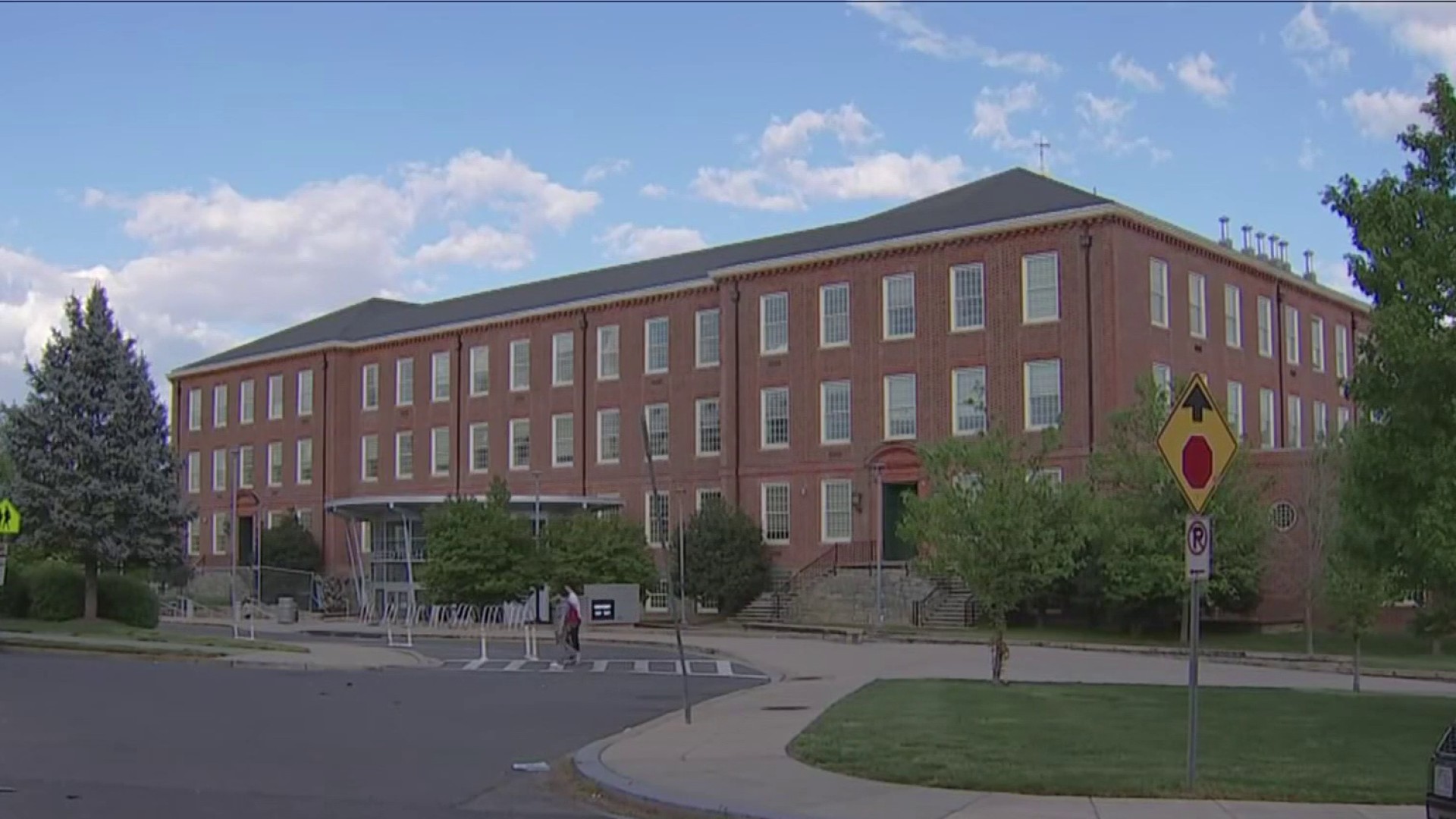Prince George's Hospital Center closed its neonatal intensive care unit (NICU) Wednesday after a potentially deadly bacterium was discovered for the second time in three months.
Two newborns tested positive for the bacterium psuedomonoas, a county spokesman confirmed.
Five babies were transferred to other hospitals with NICUs, hospital officials said.
"Pseudomonas is a bacteria widely found in the environment. However, it can lead to illness in small babies with health challenges as well as other vulnerable patients," a hospital statement said.
The newborns were moved out of the NICU because officials had not found the source of the bacterium.
"This is a complex epidemiological case, but our dedicated group of public health experts are working closely to determine the cause of this latest bacterium presence, Dr. Sherry B. Perkins said in a statement. "We have concerns over the rediscovered presence within the NICU setting, but we will be relentless in researching and eliminating the bacterium however possible."
A woman whose grandchild died at the hospital during childbirth said she believed the NICU should remain closed.
Local
Washington, D.C., Maryland and Virginia local news, events and information
"The NICU should be closed down at PG and everybody should be sent somewhere else. It shouldn't even reopen. It shouldn't have reopened the first time," she said.
The NICU had been reopened for slightly less than a month following a similar issue. It first closed Aug. 10 after three other babies tested positive for the bacterium. Nine infants were moved out of the NICU to Children's National Medical System in Washington, D.C.
The hospital said in early October that they had completed the work necessary to ensure the NICU was safe to reopen. "[M]ultiple independent test results" indicated the bacterium was out the water system, according to a hospital statement Wednesday.
Since the NICU reopened, officials haven't found any evidence of the bacterium in the water supply.
In the first incident, pseudomonas was found in six sinks in the hospital, including four in the NICU, officials said. Those sinks were removed and treated.
Pseudomonas bacteria can be transmitted through water, hospital officials have said.
Pseudomonas infections can lead to ear infections, skin rashes and mild illnesses in healthy people, according to the Centers for Disease Control and Prevention (CDC). But the infections can cause severe illness or death in people with weakened immune systems, the CDC said. About 400 deaths per year are attributed to drug-resistant pseudomonas infections, the CDC said in a 2013 report.



